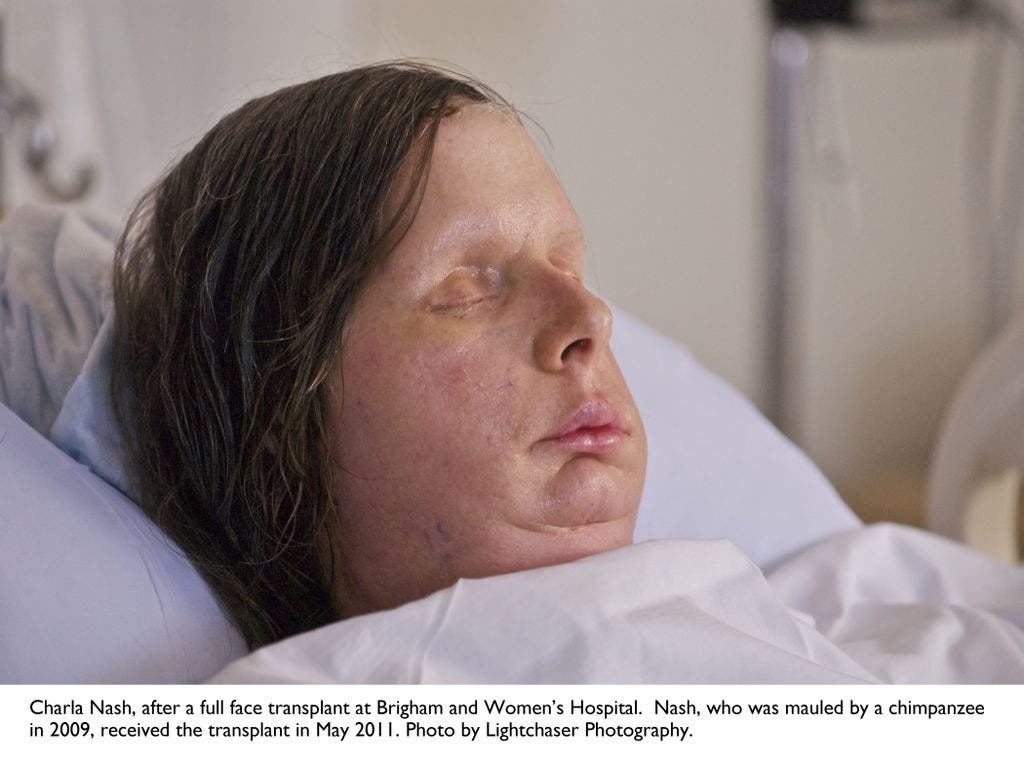

Worse, the complex behavioral and biological needs of primates go unmet in home settings, where these animals are typically denied mental stimulation, proper diets, freedom to exercise their natural behaviors and interaction with others of their species.

To be sold for these purposes, infants are removed from the nurturing care of their protective mothers shortly after birth-a practice that can lead to lifelong physical and psychological problems. Primates suffer enormously when kept as pets or used for public contact activities. Earl Blumenauer, D-Ore., and Brian Fitzpatrick, R-Pa. If passed, this legislation would prohibit the possession of primate species like chimps, gibbons and monkeys as pets, and would restrict physical contact between them and the public. His death is just the latest tragic example of why we at the Humane Society of the United States and the Humane Society Legislative Fund support the federal Captive Primate Safety Act. But treating chimpanzees or any other non-human primates as surrogate children does not change their wild and highly unpredictable nature.īuck was a victim of the exotic pet trade who should never have been living in a human home. He ate burritos and Chinese food at their table. As he grew, he had the run of the house, as well as the family’s rural property. The family who owned Buck referred to him as an “adopted son.” Seventeen years ago, baby Buck wore diapers and drank from a bottle. A shot to the head ended the life of Buck, a chimpanzee whose unfortunate fate had actually been sealed 17 years before when he was first acquired. The woman’s mother instructed deputies to shoot and kill the chimpanzee so that emergency responders could reach her daughter to provide medical assistance. Earlier this week, law enforcement officers from the Umatilla County Sheriff’s office in Oregon were called to a home because a pet chimpanzee attacked a woman who subsequently locked herself in a bedroom.


 0 kommentar(er)
0 kommentar(er)
